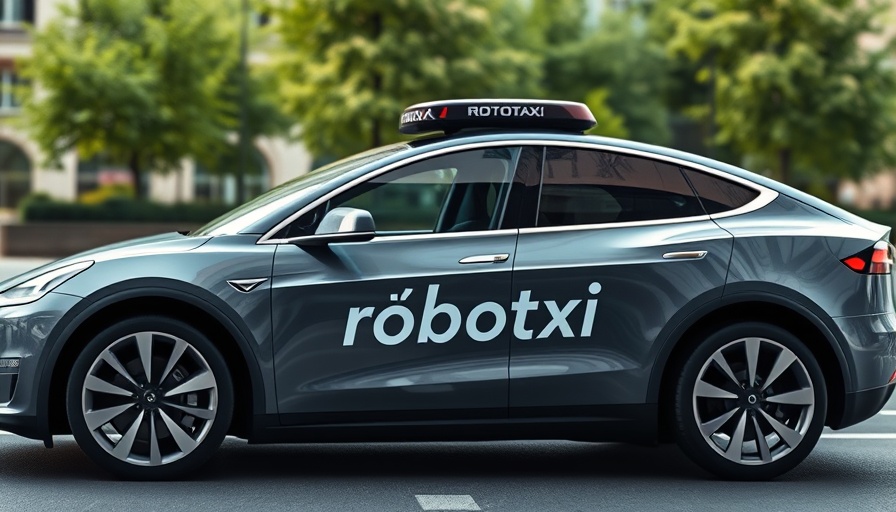
Waymo's Cautious Approach Amid Protests
In a significant decision, Waymo, the autonomous vehicle company owned by Alphabet, has curtailed its services in key cities ahead of nationwide protests dubbed the "No Kings" movement. This protest is aimed primarily against President Trump’s policies, particularly those concerning immigration, which have faced widespread criticism.
Waymo’s service limitations are particularly felt in cities like San Francisco, Austin, Atlanta, and Phoenix, with a complete suspension of operations in Los Angeles. This move underscores the growing intersection of technology and social movements, as protests have previously targeted Waymo vehicles due to their perceived association with surveillance and policing.
Understanding the 'No Kings' Movement
The "No Kings" protests have emerged in a climate characterized by civil unrest over political and social issues, with some protesters viewing autonomous vehicles as instruments of oppression. Activists argue that technologies like Waymo's robotaxis could compromise personal freedoms, serving as tools for surveillance, especially as law enforcement agencies have shown interest in accessing footage from these vehicles.
The Response to Previous Violence
Just a week prior to the current protests, five Waymo vehicles faced vandalism, including instances where they were set ablaze, emphasizing the risks to these automated systems in a politically charged environment. In response, Waymo verified to local media that they are taking precautionary measures to protect their assets and employees. The local fire department has expressed a tendency to not intervene in such incidents unless they posed immediate dangers to buildings, further illustrating the tensions currently surrounding the rideshare service.
Implications for Future Technology
This incident raises important questions regarding the future of robotics and autonomous vehicles. As society grapples with the disruptions brought about by emerging tech trends, companies like Waymo are compelled to navigate not just technological advancements, but also the ethical implications and public sentiments surrounding their use. By limiting services during heightened tensions, Waymo emphasizes the nuanced relationship between innovation and social responsibility.
Conclusion: Navigating a Complex Future
As the nation continues to wrestle with deep-seated political issues, the repercussions on the tech industry and its innovations cannot be ignored. The challenges faced by companies like Waymo serve as a reminder of the need for collaborative dialogue between technology firms and the communities they serve. Proper measures must be established, ensuring advancements do not come at the cost of civil liberties or public trust.
 Add Row
Add Row  Add
Add 




 Add Row
Add Row  Add
Add 



Write A Comment